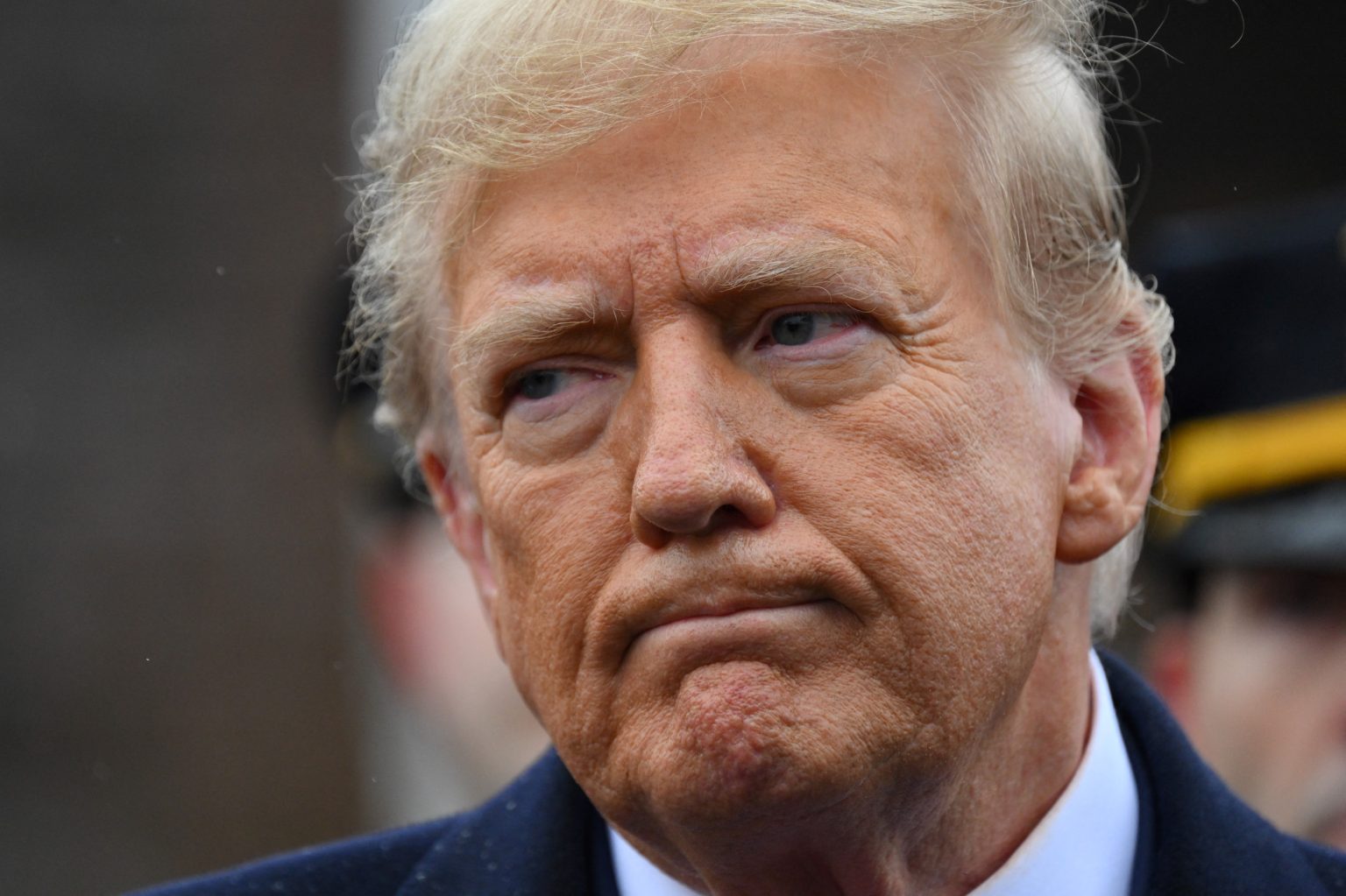Former President Donald Trump’s 2024 presidential campaign is facing backlash over an expanded gag order in his New York hush-money case. The order now includes prohibitions on making statements about the families of New York State Supreme Court Justice Juan Merchan and Manhattan District Attorney Alvin Bragg. This expansion comes after Trump made social media posts denouncing Merchan’s daughter as a “super liberal” operative for Democrats. Trump’s lawyer, Todd Blanche, opposed the expansion of the order, arguing that it restricts Trump’s ability to engage in core political speech, which is protected under the First Amendment. The expansion also warned Trump that he could forfeit juror names if he threatens the safety and integrity of the jury selection process.
Steven Cheung, a spokesperson for Trump’s campaign, criticized the expanded gag order as an infringement on free speech and an attempt to limit Trump’s ability to speak out against what he perceives as unconstitutional actions. Cheung claimed, without evidence, that Manhattan DA Alvin Bragg was working under orders from President Joe Biden to indict Trump in a politically motivated attempt to derail his candidacy. Cheung argued that voters have a fundamental right to hear the uncensored voice of the leading candidate for the highest office in the land and that the expanded gag order violates the civil rights of over 100 million Americans who follow Trump.
While the expanded gag order restricts Trump from disparaging the families of Merchan and Bragg, there are still no explicit limitations on Trump attacking the justice and district attorney themselves. Bragg, who brought the first of four criminal indictments against Trump last year, had urged Merchan to clarify that the order extends to their family members and to stop further attacks. Trump’s legal team has raised concerns about the timing of the expanded order, as they are preparing for trial, which is set to begin in two weeks. Trump faces 34 felony charges related to falsifying business records and concealing hush-money payments to Stormy Daniels during his 2016 presidential campaign.
The case against Trump has been characterized by his legal team as a coordinated effort by Democrats to prevent him from returning to the White House, as he has pleaded not guilty to all charges. The expanded gag order has raised questions about the balance between free speech and the integrity of legal proceedings, particularly in high-profile cases involving public figures. This latest development in Trump’s hush-money case adds another layer of complexity to an already contentious legal battle that has implications for both Trump’s political future and the broader debate surrounding free speech rights in the United States. As the case unfolds, it will be closely watched by supporters and critics alike to see how the issue of gag orders in high-profile cases is navigated within the framework of constitutional rights.


